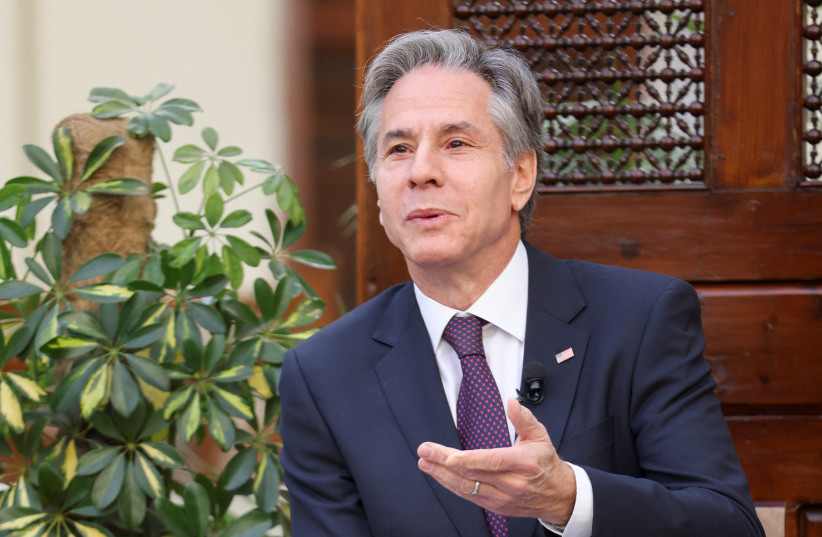In an interview, Ouzan explained how she tried to solve the enigma of their achievements in many fields, despite their unspeakable trauma. Her inquiry draws on memoirs, testimonies, and personal interviews of displaced persons, partisan fighters, hidden children, and refugees from Nazism, who somehow found a meaning for having survived. Their sense of responsibility led them to transmit to other generations what happened during the Holocaust.
On the eve of International Holocaust Remembrance Day, Ouzan was interviewed by a noted French anchor on the international Television Channel i24 news located at the port of Jaffa. She explained how her book challenges the common perception of Shoah survivors as only victims by demonstrating the social and cultural impact of many of them on the societies in which they lived.
Ouzan told the story of how young men and women actualized the possibilities offered to them in the aftermath of World War II and focused on what gave them the strength to rebuild their lives and even innovate in various fields.
The French title alludes to what many survivors conveyed to her: the need to succeed “as if life itself depended on it.” Ouzan mentioned her in-depth conversations with international lawyer and human right advocate Samuel Pisar, one of the youngest Auschwitz survivors. “No wonder,” she added, “that the Secretary of State of the United States, Antony Blinken, expanded on what he owed to his stepfather, Samuel Pisar, the late husband of his mother, Judith.“
A new preface unveils the challenge of two inmates who swam a few lengths in a cold reservoir in Auschwitz to feel human again. French swimming champion Alfred Nakache took the initiative, and young Noah Klieger accepted it. A teenager, Klieger had the guts to declare himself a boxer to respond to the whims of the Nazis. The swimming challenge was an act of defiance that boosted the low morale of the inmates who formed a curtain to hide the defended deed. Ouzan interviewed Auschwitz survivor and journalist Klieger and published an article about him.
Ouzan’s book reflects the uniqueness of each survivor’s experience after the Shoah in three countries. Its focus on the survivors’ achievements invites the reader to reflect upon the enigma of their success. What did success mean for a Holocaust survivor? Was it the mask of shame of the former victim? Was it “the unintended side effect of one’s dedication to a cause greater than oneself,” as Viktor Frankl suggested? “Was it an impulse to succeed as if survival still depended on it? Those are questions to which any reader can relate,” Ouzan added. ■
Réussir pour Revivre (Succeeding To Live Again) Jeunes rescapés de la Shoah, Paris, Atlande
Françoise Ouzan
Atlande Editions, 2022
250 pages, 18 euros

